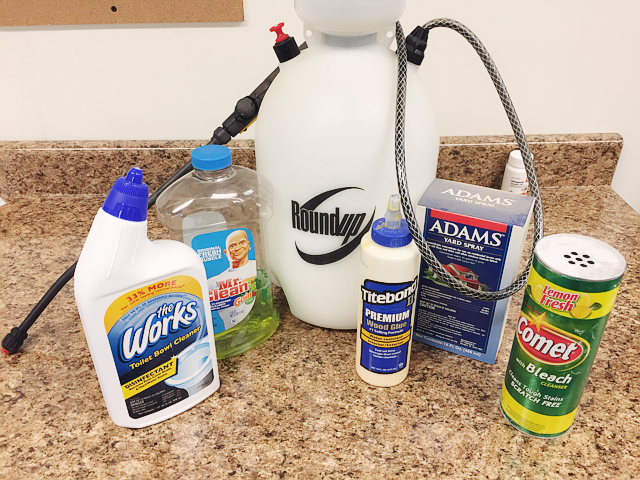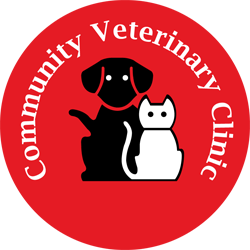8 Common Household Items That are Poisonous to Your Pet
Animal Poison Prevention Week (March 18-24th)

Did you know that our pets are vulnerable and susceptible to accidental ingestion of potentially life-threatening items that we commonly have in our home?
Is your pet curious and can’t resist investigating by smelling, tasting, and sometimes ingesting plants, food, and other items in your home?
It is easy and important to keep your house safe and poison proof for your pet.
Here are 8 common household items that are poisonous to your pet and important to keep out of reach:
1. Plants/ fertilizer
Many flowers and plants are hazardous to our pets. Bouquets often contain flowers that are especially harmful (and sometimes fatal) to cats! Refrain from purchasing bouquets or household plants that contain: Lilies, Azaleas, Dieffenbachias, Daffodils, Tulips, Hyacinths, Sago Palms, and Lily of the Valley. Plant fertilizers can often taste like bone meal or blood meal to dogs. Keep fertilizer bags sealed tightly, out of reach, and purchase animal safe fertilizers.
2. Batteries
Many dogs enjoy chewing on devices such as remote controls and cell phones containing batteries and batteries themselves. If batteries are consumed, your dog could experience chemical burns.
3. Human Food and Garbage Cans
Be careful feeding Rover and Fluffy table scraps!! Watch out for raisins, grapes, macadamia nuts, onions, garlic, unbaked yeast bread dough, fatty foods, chocolate, and even table salt! Do your best to keep garbage cans behind closed doors. Trash and compost bins may contain toxins such as coffee grounds, cigarette butts, gum, and moldy food that are harmful to your pet.
4. Medications
Keep all medications such as prescription pills, inhalers, over-the- counter pills, and even dietary supplements in high cupboards that are secure. Avoid leaving any medications on tables or countertops, and avoid storing them in plastic bags that are easy for your pet to chew through. NEVER medicate your pet with human medications or products without consulting with us first. Common human medications such as acetaminophen and ibuprofen are extremely poisonous.
When giving your pet medications prescribed by your vet, make sure it is the correct medications and that you store your own medications in a separate location from your pet’s.
5. Cleaning Products
Keep pets out of the room while cleaning and using any bathroom or household cleaners, and close toilet lids to prevent them from drinking the water after cleaning, especially if you use a bowl treatment or a cleaner pod you clip to your toilet seat.
6. Rodenticide/Insecticide/ Grub and Snail Killers
Keep all rat traps far away from pets. Rodents can transfer the products to locations your pet can access. When spraying insecticide keep your pet away from the area and clean the area thoroughly once the product has done its job. Look for animal safe grub and snail killers. Those that contain metaldehyde can be harmful to your pets.
7. Glue
Keep all types of glue out of reach. Some utility glues expand greatly once dispensed or consumed and require surgical removal. Just one ounce of Gorilla Glue may expand to the size of a basketball!
8. Antifreeze and other automotive fluids
Antifreeze (Ethylene Glycol) is extremely toxic to animals. It usually has a sweet taste that can be appealing to our pets. Keep all automotive fluids such as brake fluid, and windshield cleaner fluid away from pets.
For more information, you can visit : petpoisonhelpline.com
